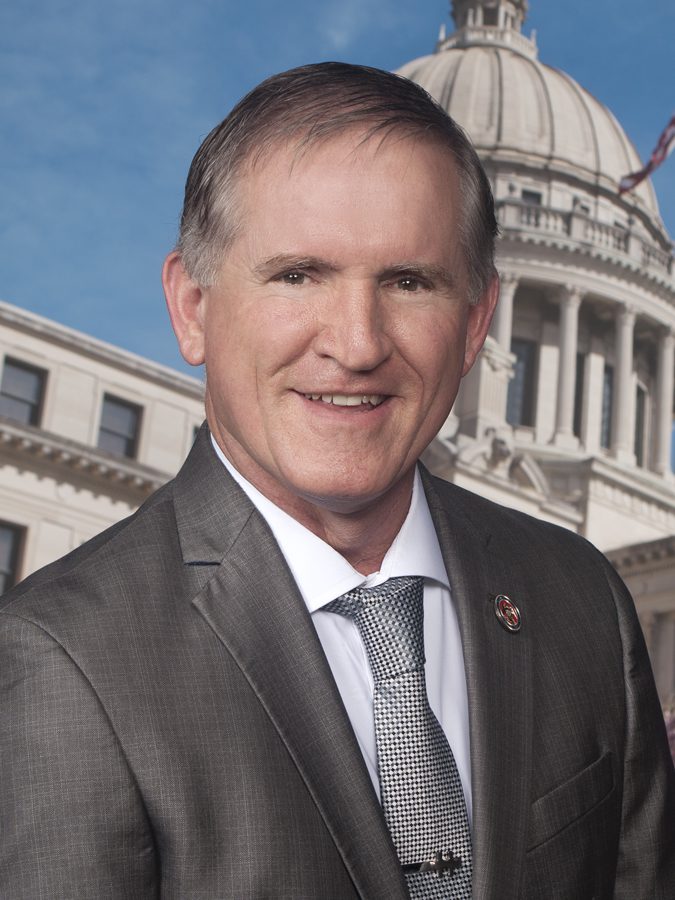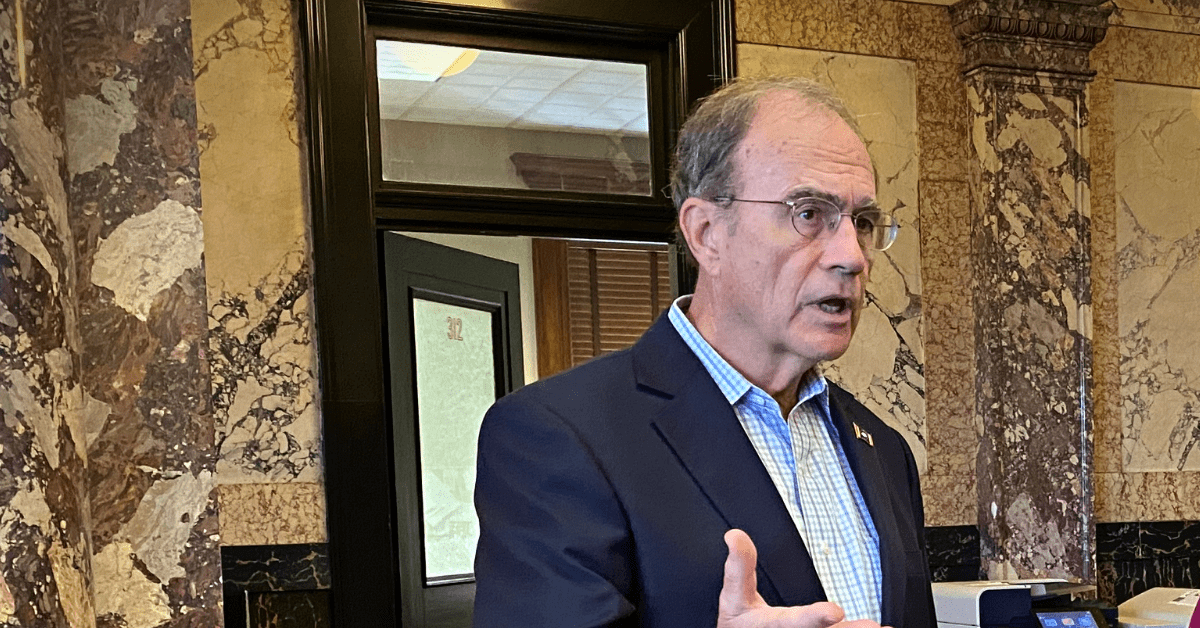
Magnolia Tribune brings you a Bill of the Day from the Mississippi Legislature that just may pique your interest.
Two House lawmakers are looking to change the definition for child abuse in Mississippi to include the administering or support of gender reassignment for a child under the age of 18.
The bill – HB 435 – would not prevent parents or guardians from offering hormone therapy for children who were born with un-clarified male or female reproductive characteristics but would classify it as child abuse to aid in a child’s transition from one gender to the other when being born with clearly defined male or female genitalia.

State Representatives Steve Massengill and Brady Williamson authored the bill. It would alter MS Code Section 43-21-106 to include a new definition for an “abused child.”
Currently, state law defines an “abused child” as someone whose parent or guardian, or any person that is responsible for their care, has caused sexual abuse, exploitation, commercial exploitation, emotional abuse, mental injury, a non accidental physical injury or another maltreatment. This also includes the knowledgeable allowing of these things to occur by the parent or guardian.
The language suggested in HB 435 would include any administering or supply of medications or treatment that would induce gender transitioning or gender reassignment, other than that for an intersex child.
An “intersex child” is also defined in the new bill. This type of individual is a child who was born with no clear genital characteristics or a combination of both male and female characteristics. The legislation would not prevent parents or guardians from providing hormone therapy for children who fall into this category.

“This term also means a child whose parent has administered, supplied or consented to or assisted in the administration or supply of, a puberty suppression prescription drug or cross-sex hormone to a child, other than an intersex child, for the purpose of gender transitioning or gender reassignment; or performed or consented to the performance of surgery or another medical procedure on a child, other than an intersex child, for the purpose of gender reassignment,” the bill sets forth.
The legislation was referred to the Judiciary B Committee in the House. If passed, the law would go into effect July 1, 2023, as currently written.










